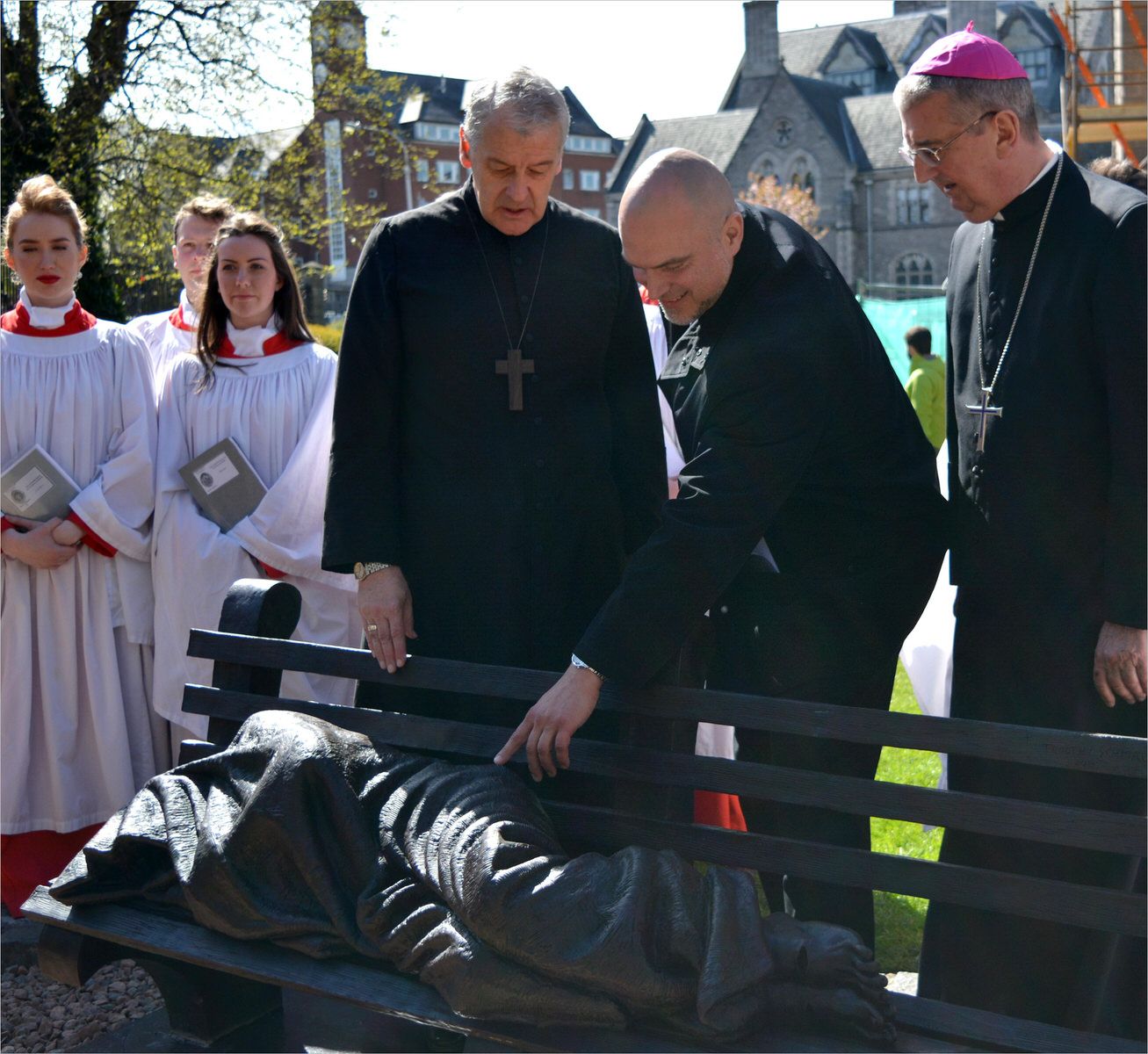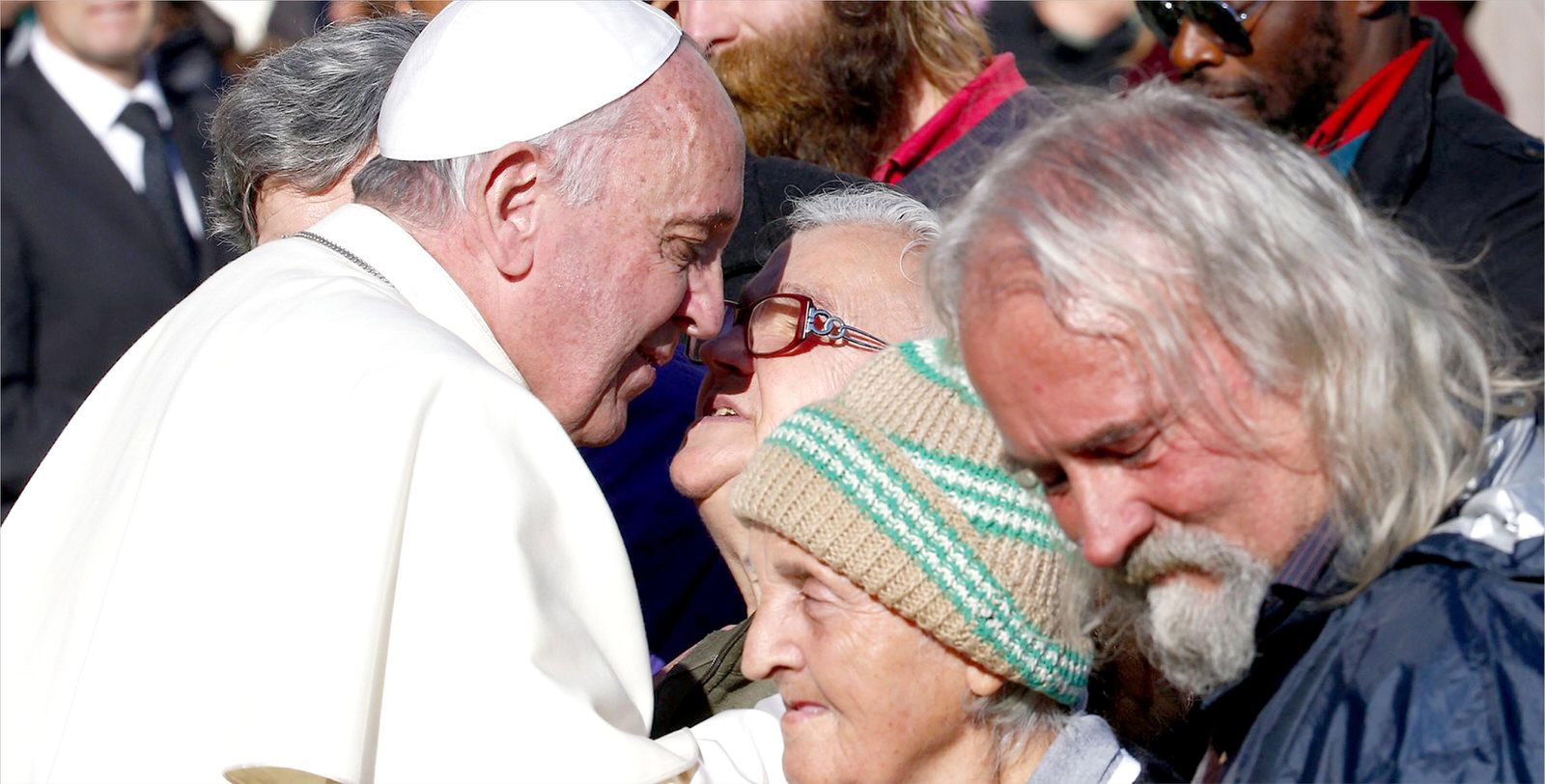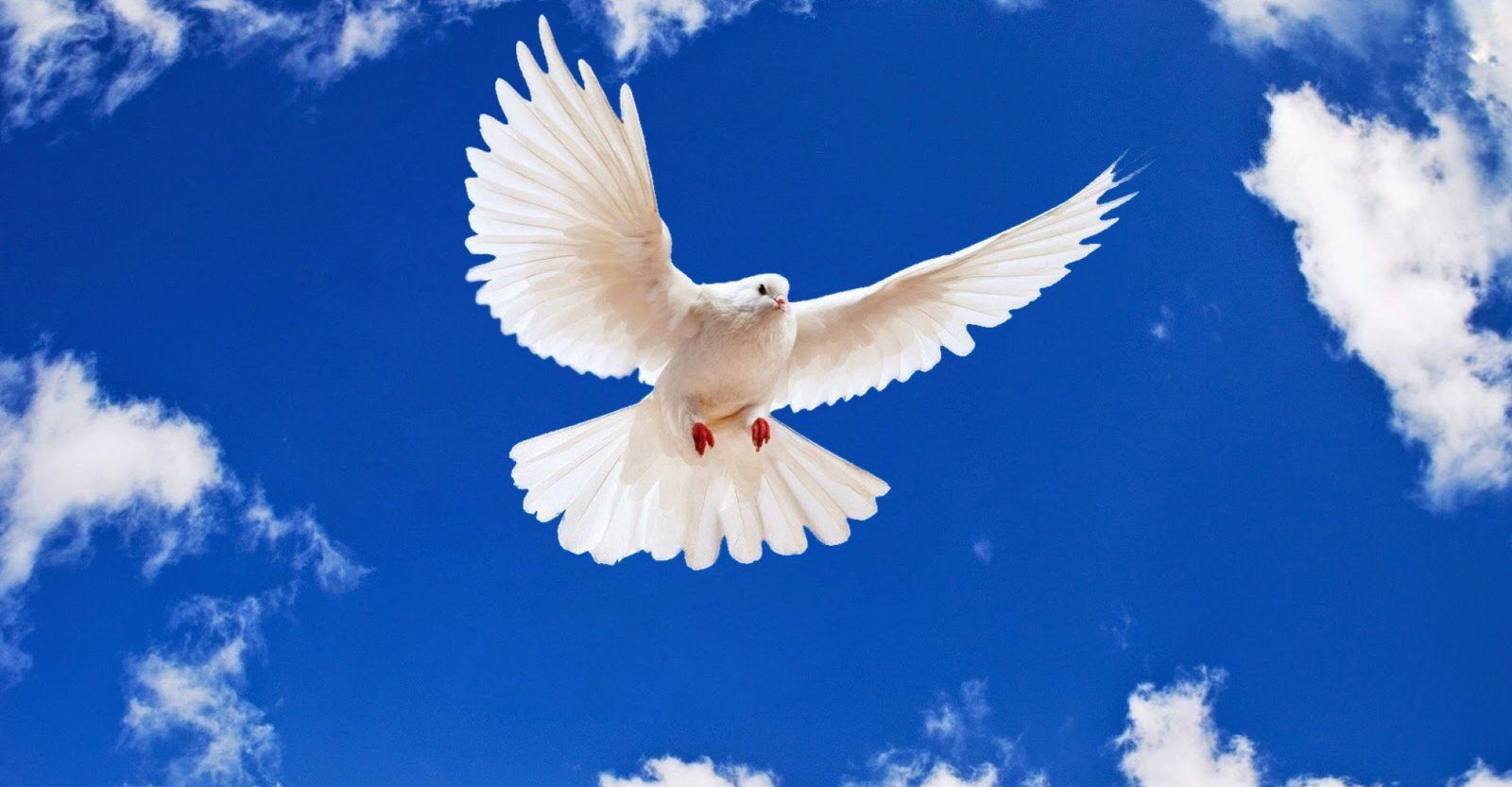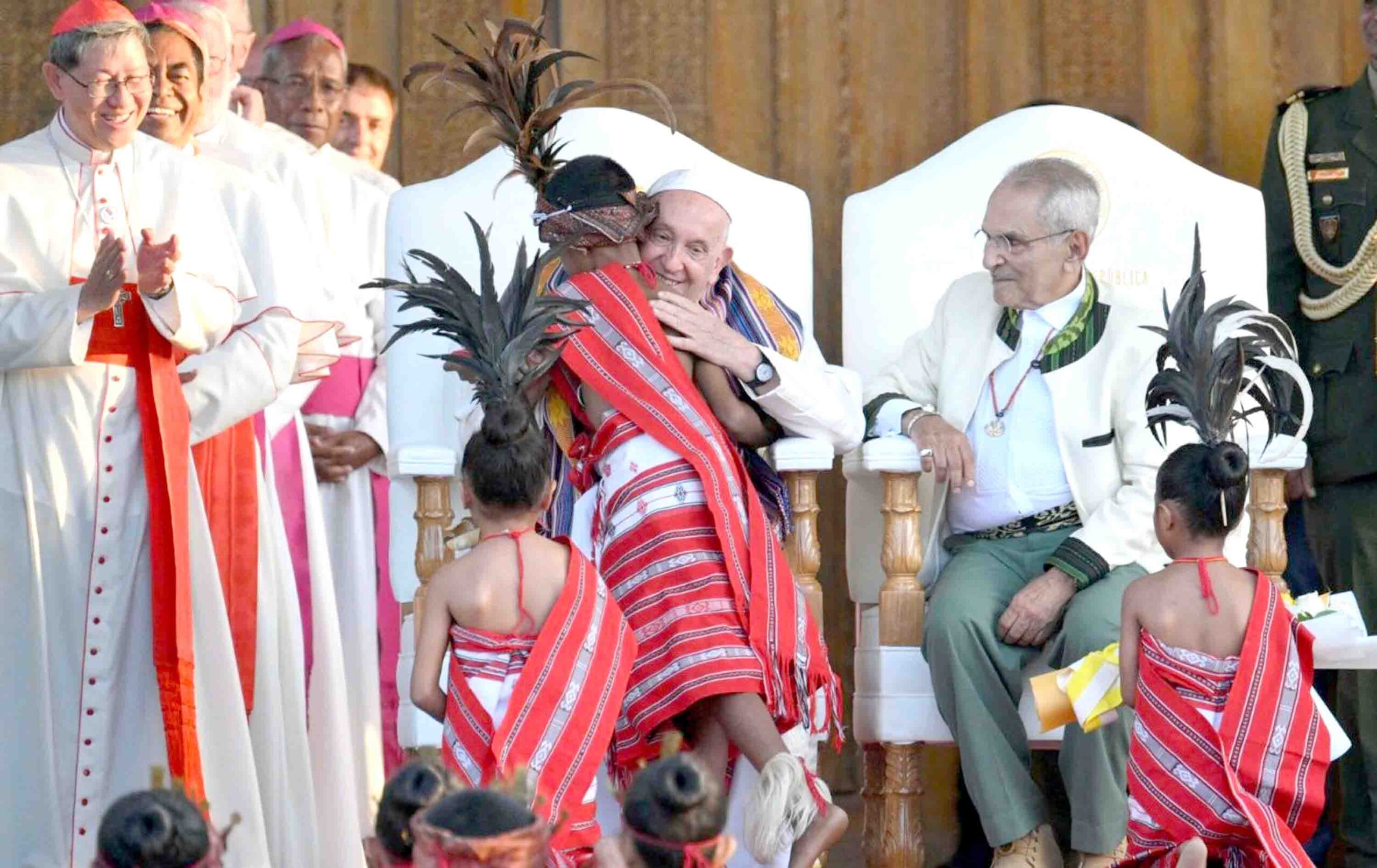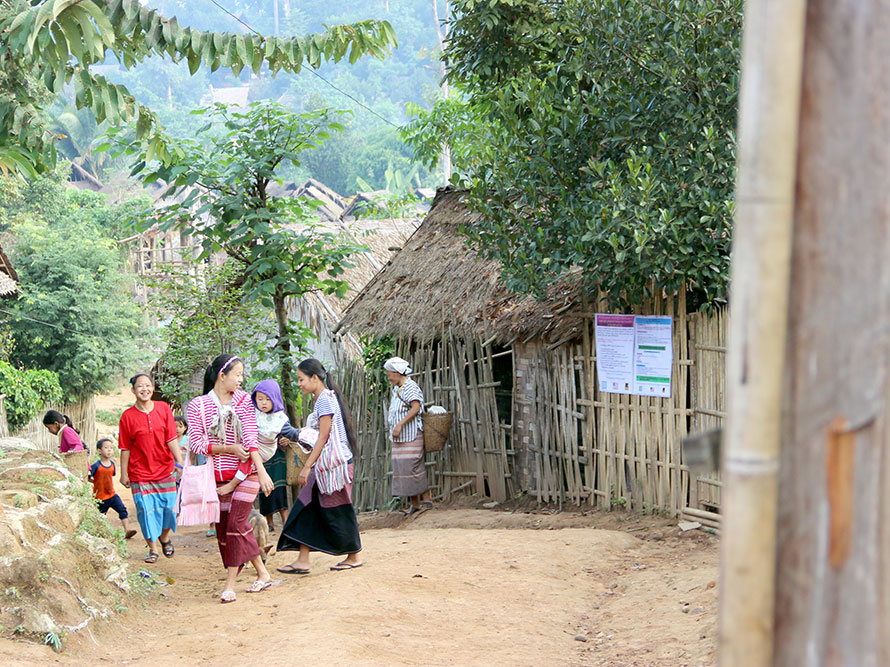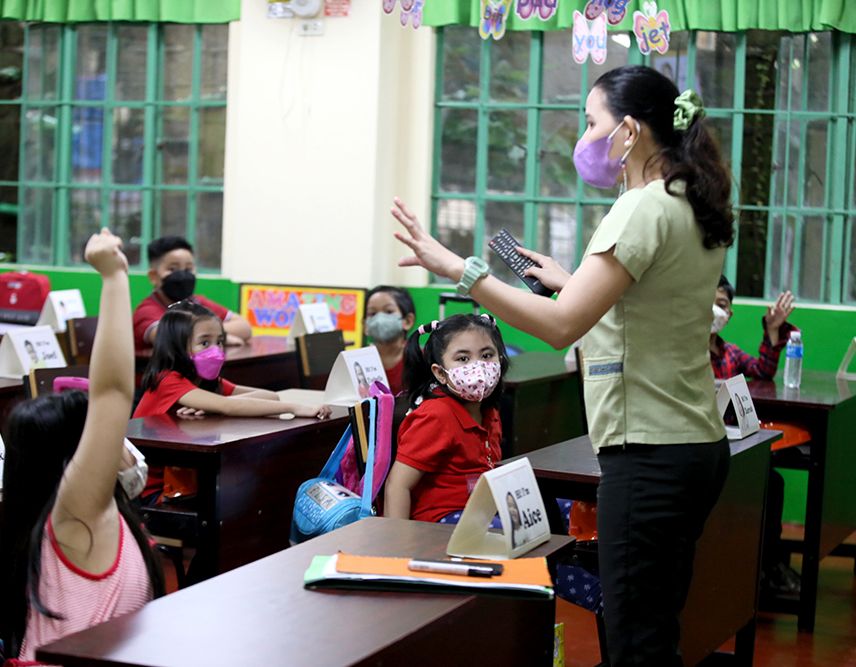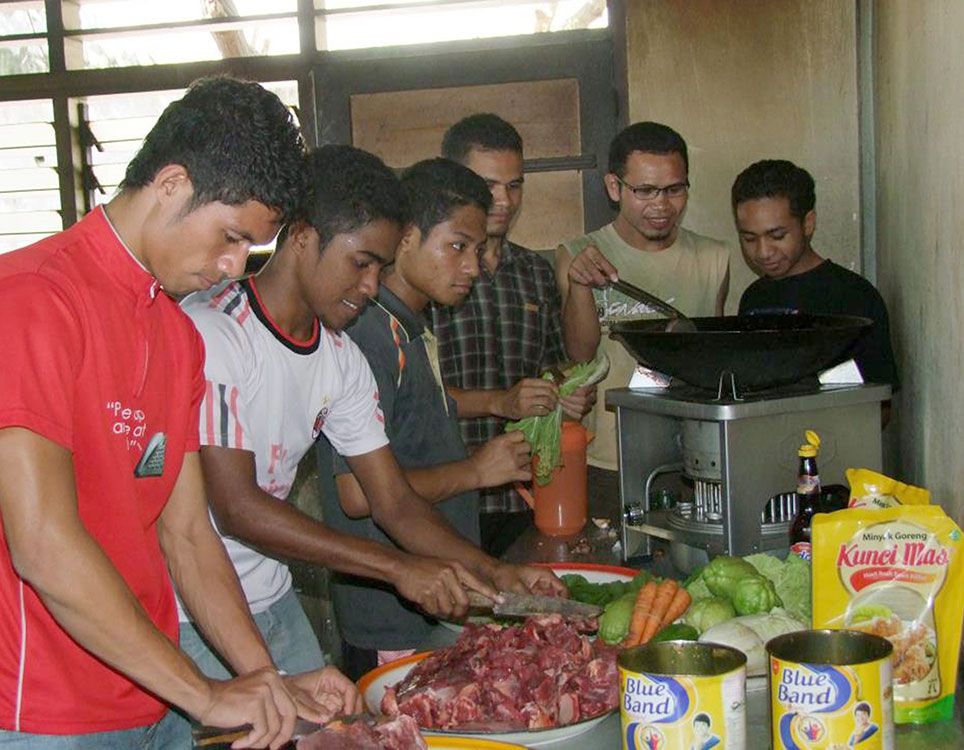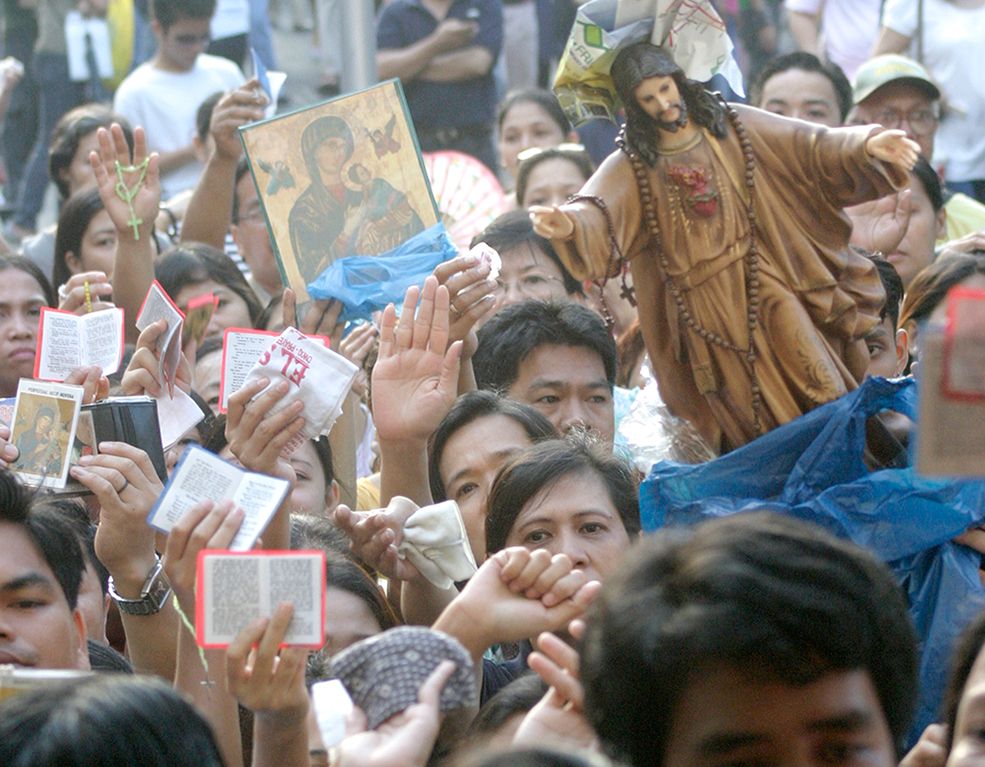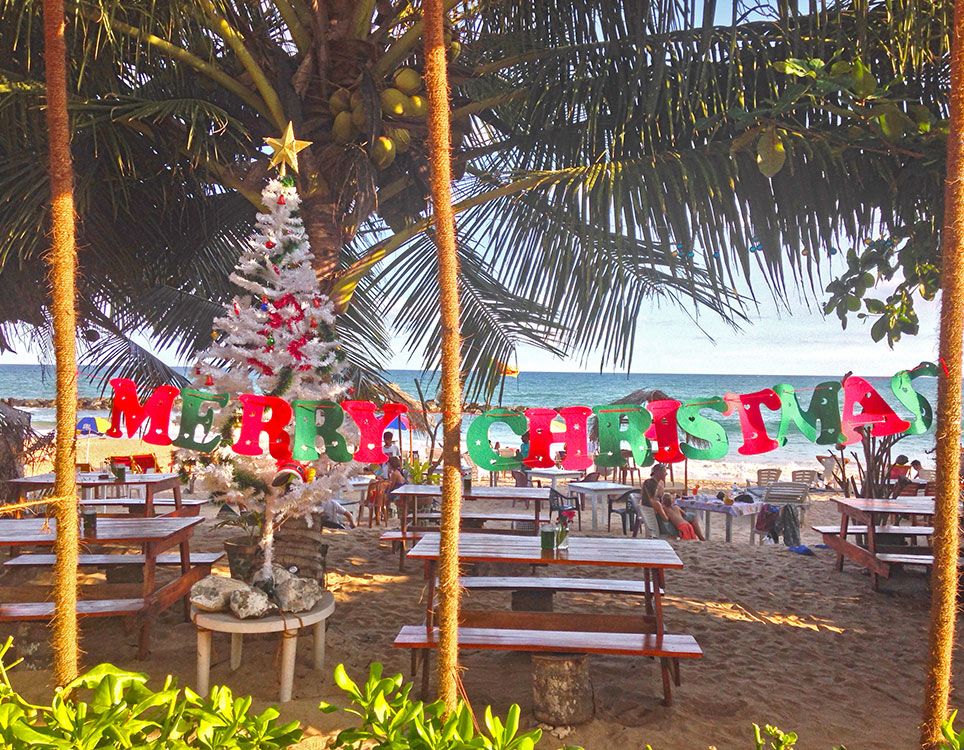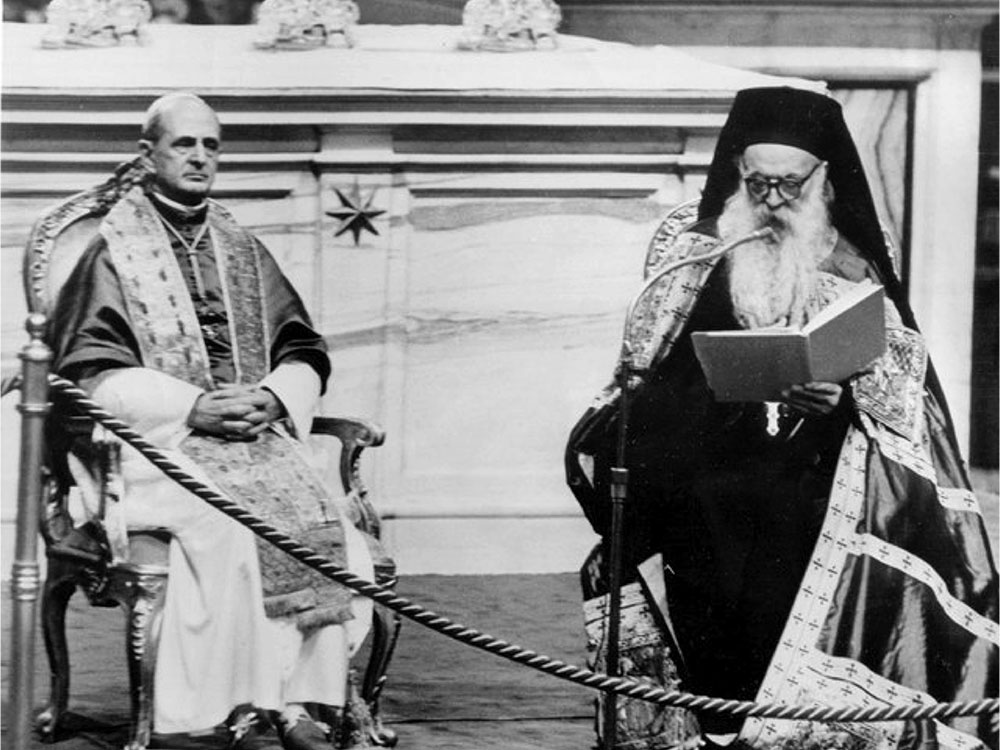It all started on December 17, 2010, when Mohammed Bouazizi, a 26-year old Tunisian street vendor who was beaten up by police and whose cart was seized because he didn’t have a permit to sell his wares, set himself on fire after he was further harassed and humiliated by municipal officers, the very same civil servants who were supposed to help him. Angered by his plight and fueled by the frustration over growing corruption, poverty and the violation of human rights in Tunisia, people in Bouazizi’s hometown of Sidi Bouzid mounted protests, which spread all over the country like wildfire. Thus, the so-called Jasmine Revolution, which eventually led to the downfall of President Zine El Abidine Ben Ali in January 2011, began to roll.
Its impact, however, did not remain in the confines of the country but reverberated across the Arab world and led to similar uprisings in Egypt, Libya, Syria, Yemen, and other Middle Eastern and North African countries. This revolutionary wave came to be known as the “Arab Spring” uprisings.
Despite the ouster of the dictator Ben Ali, however, Tunisia was still gripped by division and uncertainty. The deadline for the passing of a new Constitution by the constituent assembly lapsed with little sign of progress on the new charter. Growing dissatisfaction about the government’s handling of radical Islamists led to assassinations, demonstrations, and a huge opposition-led protest in 2013, demanding the government to step down. On top of that, about 40 members of the opposition withdrew from the constituent assembly and held a picket in front of the legislative building. Because of this, the assembly was not able to carry out its duties beginning the first week of August 2013.
Citizens’ action
This chaotic situation prompted ordinary citizens, led by the Tunisian General Labor Union which rejected the use of political violence to push for reforms, to form the National Dialogue Quartet, composed of civil society groups, in 2013. Its mission was to salvage a democratic transition that was gained through the 2011 revolution but was doomed to fail because of political discord and assassinations.
The Quartet was instrumental in rallying the main political parties – the administration and the opposition, the secularists and the Islamists – to reach a consensus to hold elections, to draft the Constitution, and to build democratic institutions from scratch, among many other concerns that democratic transitions demand of a newly-liberated country’s citizens. The Quartet helped establish a unique model of governance, a model based on respecting fundamental rights and freedoms, political inclusion, cooperation and compromise, to help the country’s transition from a dictatorship to democracy.
Because of its efforts, the Nobel Prize Committee decided to award the Peace Prize to the coalition, in an announcement made in October 2015. The Quartet was chosen from a field of 273 nominees. While there were other groups that worked towards the goal of achieving a pluralistic society, upholding human rights or brokering peace, there are unique and salient features in the Tunisian experience that were aligned to the standards set by Alfred Nobel in his will, prompting the Committee to eventually choose the Quartet.
“The quartet paved the way for a peaceful dialogue between the citizens, the political parties and the authorities, and helped to find consensus-based solutions to a wide range of challenges across political and religious divides. The broad-based national dialogue that the quartet succeeded in establishing countered the violence in Tunisia. The quartet’s function is, therefore, comparable to that of the peace congresses to which Alfred Nobel refers to explicitly in his will,” stated the Nobel Peace Prize Committee.
Many democracy advocates across the Middle East hailed the awarding of the prize to the Quartet, saying it was in recognition of how Tunisia correctly followed through with the gains it attained through their civil resistance, which ignited the “Arab Spring.” It was also a small but symbolic victory for other “Arab Spring” countries that are still struggling to attain peaceful democratic change.
Harmony within
To be sure, brokering peace in a country that was increasingly becoming restless at that time was definitely no simple feat. But the first impediment that this coalition had to hurdle, which many believe was the more difficult task at hand, was to achieve unity within itself.
From the group’s name alone, Quartet, one can infer that its composition is not homogenous. The alliance is composed of the Tunisian General Labor Union, the Tunisian Confederation of Industry, Trade, and Handicrafts, the Tunisian Human Rights League, and the Tunisian Order of Lawyers, whose ideologies and values are different, if not sometimes clashing. To begin with, labor union leaders and business sector representatives are strange bedfellows. Unionists always push for workers’ rights and privileges, while employers want to ensure maximum profit, sometimes at the expense of their labor force. For these two groups to have come together already speaks volumes of how the Quartet was able to encourage Tunisia’s warring political factions towards dialogue and compromise. The main message that the alliance imparted was that while there may be opposition and dissent, there is nothing that dialogue cannot solve to arrive at a compromise.
To be sure, the neophyte, democratically-elected politicians, who did not have a voice under Ben Ali’s rule or who were jailed or exiled under that administration, greatly benefitted from the labor union’s experience in negotiating, the business sector’s management skill, and the lawyers and rights’ groups’ knowledge of the law.
Not the icing on the cake
Despite their achievement, however, the Quartet’s work does not stop with the awarding of the prize last December, 2015. There are still many challenges that Tunisia’s fledgling democracy needs to address. The unemployment rate remains high and the wage distribution is inequitable, while there are persistent regional disparities in development, infrastructure and opportunity. These are but signs of an economic crisis that is waiting to happen.
In addition, many people are still not engaged in the political and economic life of the country. More young people should also be trained to advocate for stronger laws and policies and become future leaders. Reforms in the archaic judicial, military, police and penal institutions must also be carried out.
Terrorism is another threat to Tunisia’s budding democratic society. The attacks in Bardo in March and Sousse in June, 2015 sent a wrong message to some sectors which believed that there was a need to restrict certain rights and liberties to weed out suspected terrorists. Others were also led to think that fighting back against terrorists, i.e., resorting to violence, is the only way to address the threat. The government, with the advice of the Quartet, must ensure that democratic institutions, and not violence, continue to work to institute rights-curtailing counterterrorism laws and to bring terrorists to justice.
To arrive at all these, the government again needs to compromise. While the Quartet’s model worked at arriving at a consensus between the two main political parties during the transition period from a dictatorship to a democracy, that mechanism needs to become a permanent mechanism in governance as Tunisia continues to take baby steps towards full inclusive democracy, based on fundamental rights for all, regardless of gender, political persuasion or religion.
With the awarding of the Peace Prize to the Quartet, the Nobel Committee hopes that the example set by the group will be followed not just by the Arab World but by countries where governments continue to invoke violence and repress the rights and liberties of their people.
“The Norwegian Nobel Committee hopes that this year’s prize will contribute toward safeguarding democracy in Tunisia and be an inspiration to all those who seek to promote peace and democracy in the Middle East, North Africa, and the rest of the world. More than anything, the prize is intended as an encouragement for the Tunisian people who, despite major challenges, have laid the groundwork for a national fraternity which the Committee hopes will serve as an example to be followed by other countries,” the Committee said.





